Understanding Brain Tumors
The brain is one of the most powerful and complex organs in the human body. It not only controls vital functions like movement, breathing, and heart rate, but also handles thoughts, emotions, memory, and creativity. It’s the center of who we are.
A brain tumor occurs when abnormal cells begin to grow and form a mass within the brain. These tumors can be benign (non-cancerous) or malignant (cancerous). Regardless of the type, a brain tumor can affect how the brain functions and may become life-threatening if left untreated.
Brain cancer is among the top ten causes of cancer-related deaths in both men and women. Early detection and holistic treatment are crucial. At Raghavan Cancer Care, we provide Ayurvedic-based support for brain tumor healing, focusing on balancing the body and strengthening overall well-being.
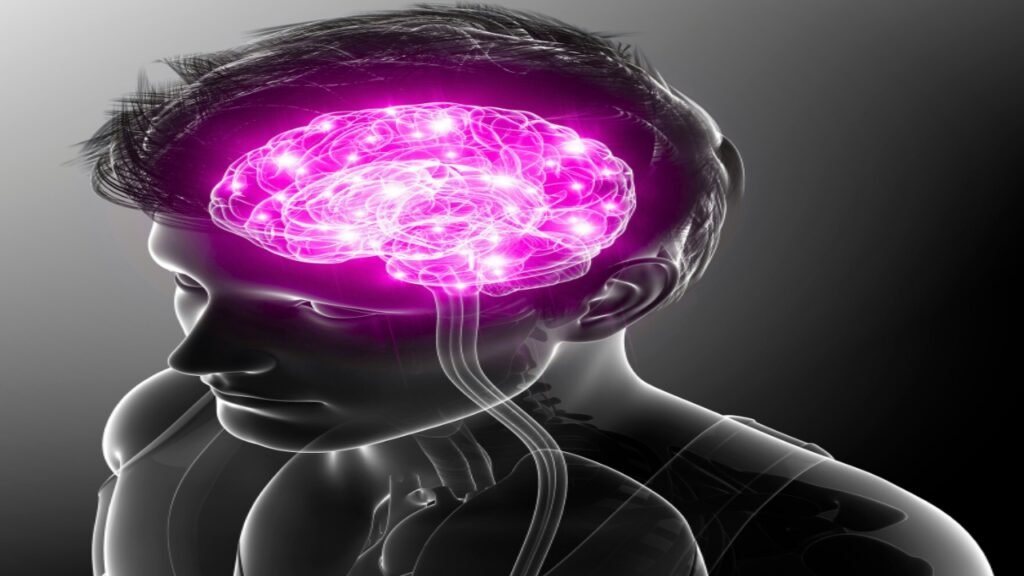
Causes and Risk Factors of Brain Tumors
The exact reasons why brain tumors develop are still not fully understood. However, experts believe that changes or mutations in certain genes can cause brain cells to grow and divide uncontrollably, leading to tumor formation. In some cases, these changes may be inherited, meaning the risk can be passed down through family generations.
Although most brain tumors do not have a clear cause, several risk factors have been identified:
Family History: Having a close family member who has had a brain tumor may slightly increase your risk.
Radiation Exposure: Exposure to high levels of radiation, such as from previous cancer treatments or repeated X-rays, is one of the few known environmental causes.
Genetic Conditions: Some rare inherited syndromes can raise the risk of developing brain tumors. These include:
Neurofibromatosis Type 1 and 2
Turcot Syndrome
Li-Fraumeni Syndrome
Tuberous Sclerosis (TSC)
Von Hippel-Lindau Syndrome (VHL)
Turner Syndrome
Gorlin Syndrome
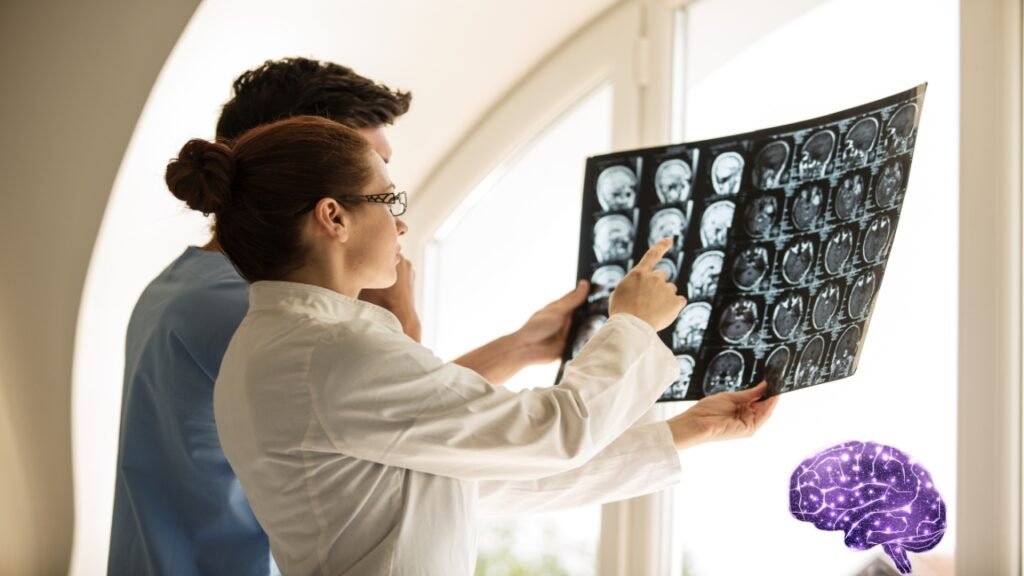
Different Types of Brain Tumors?
Brain tumors can be either benign (non-cancerous) or malignant (cancerous), and they may develop in different parts of the brain or nearby structures. Here are some of the more common and significant types:
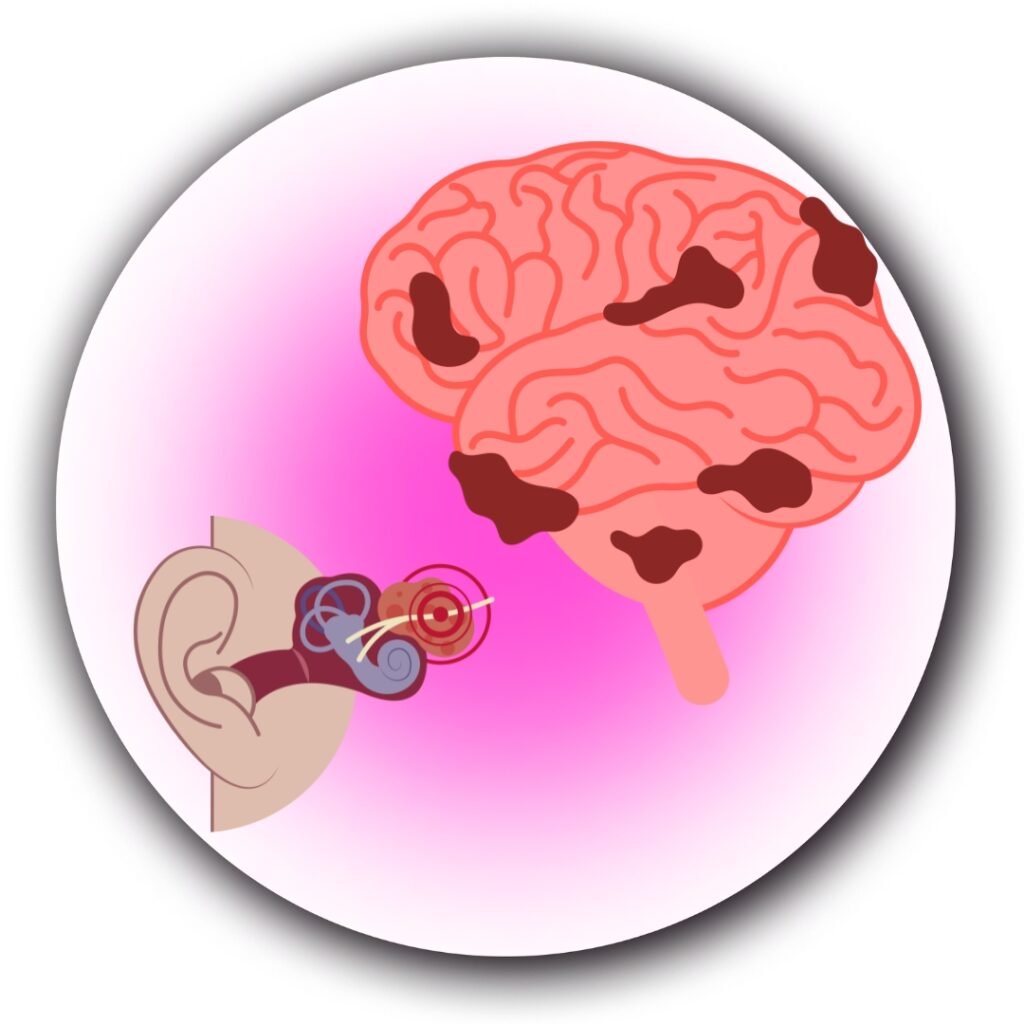
Acoustic Neuroma (Schwannomas):
These are usually benign tumors that grow on the nerves connecting the inner ear to the brain. They can affect hearing and balance as they press on surrounding nerves and tissues.
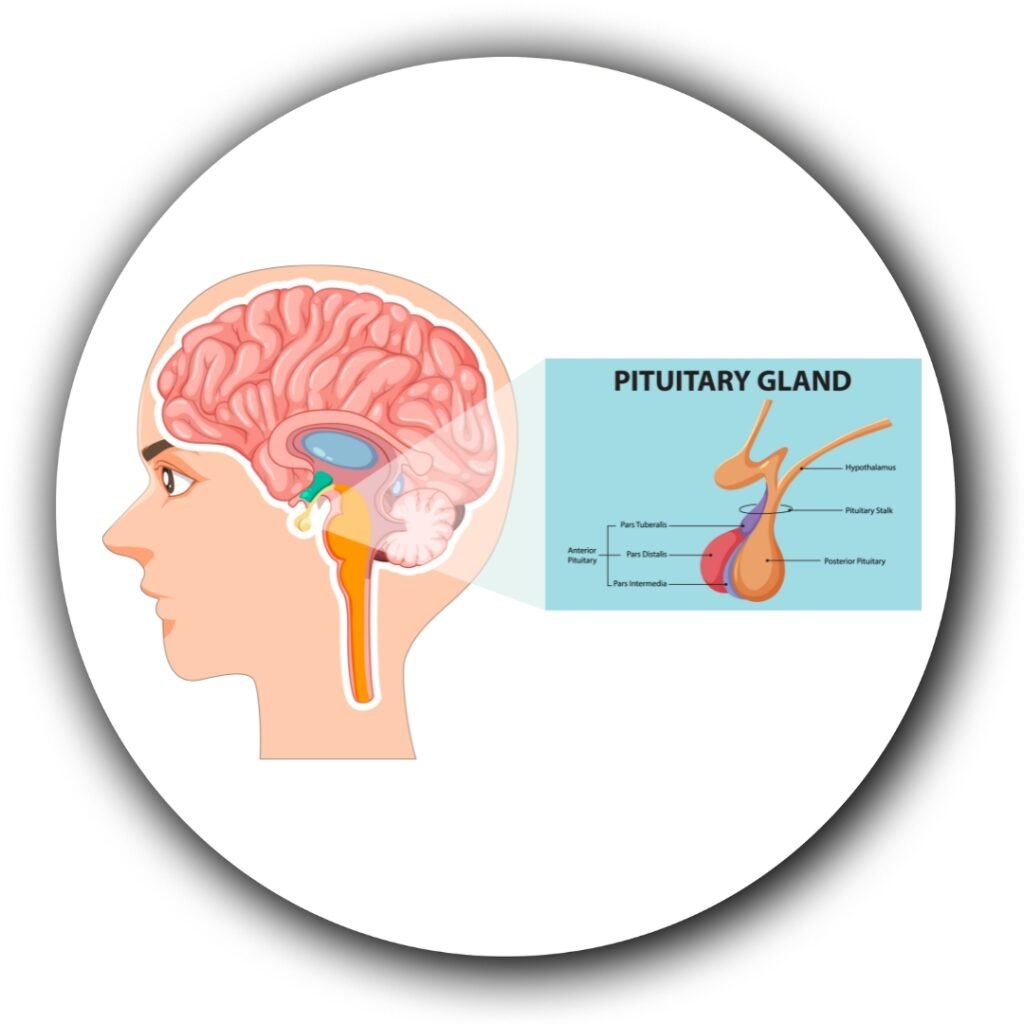
Craniopharyngiomas:
These rare, non-cancerous tumors develop near the pituitary gland. Though slow-growing, craniopharyngiomas can disrupt hormone regulation and press on nearby brain areas, causing vision or growth-related issues.
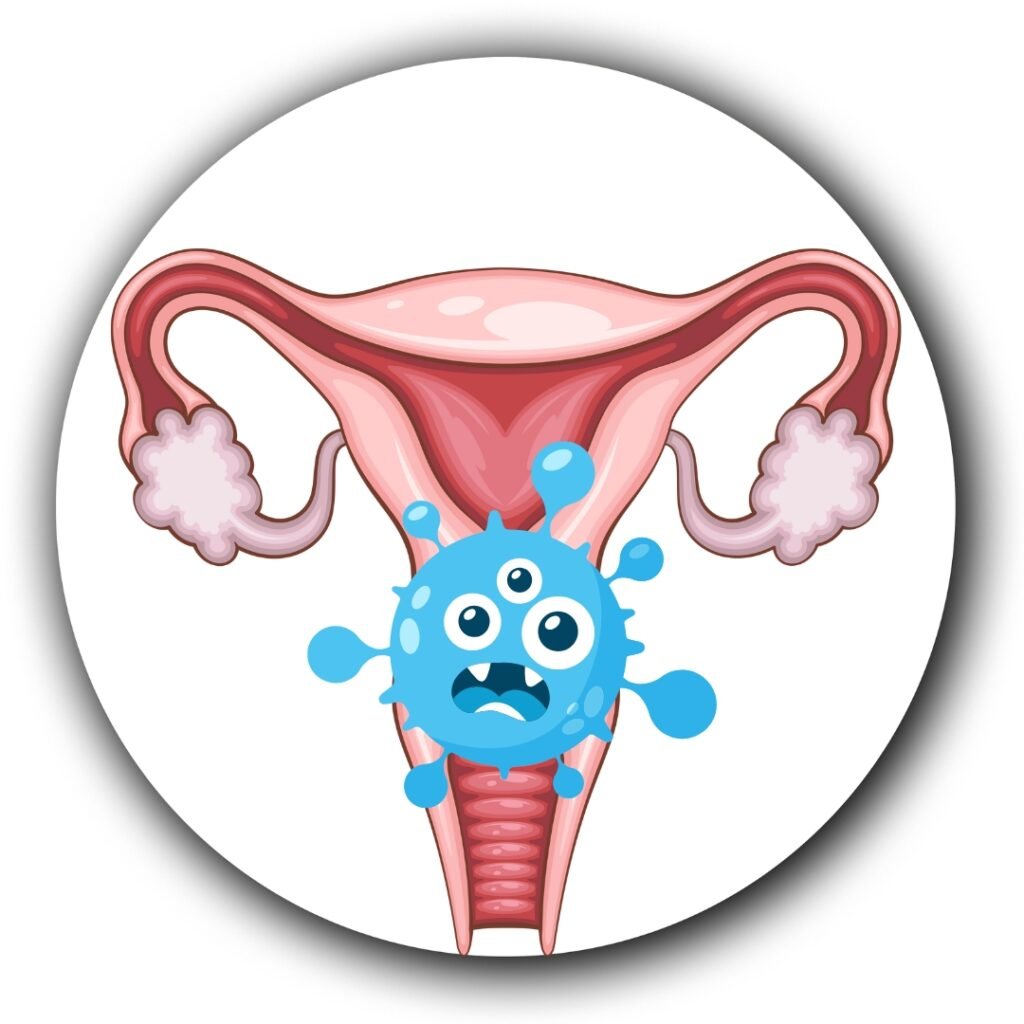
Germ cell tumours:
While germ cell tumors typically begin in the reproductive organs, they can sometimes form in the brain, especially during childhood. These tumors often appear near the pineal or pituitary gland and can affect hormonal or neurological functions.
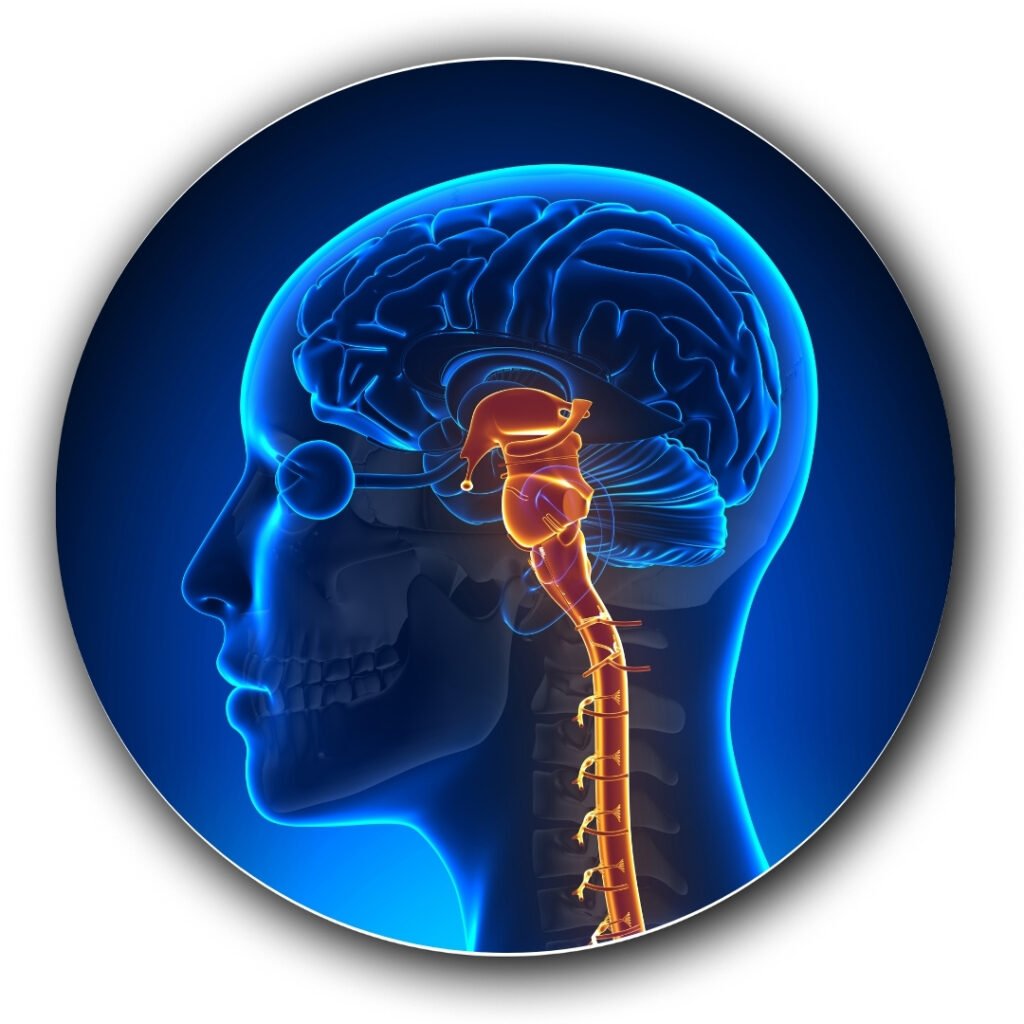
Medulloblastomas :
Medulloblastomas are cancerous brain tumors most commonly found in children. They begin in the cerebellum, at the lower back part of the brain, and often spread through cerebrospinal fluid to other areas of the brain and spinal cord.
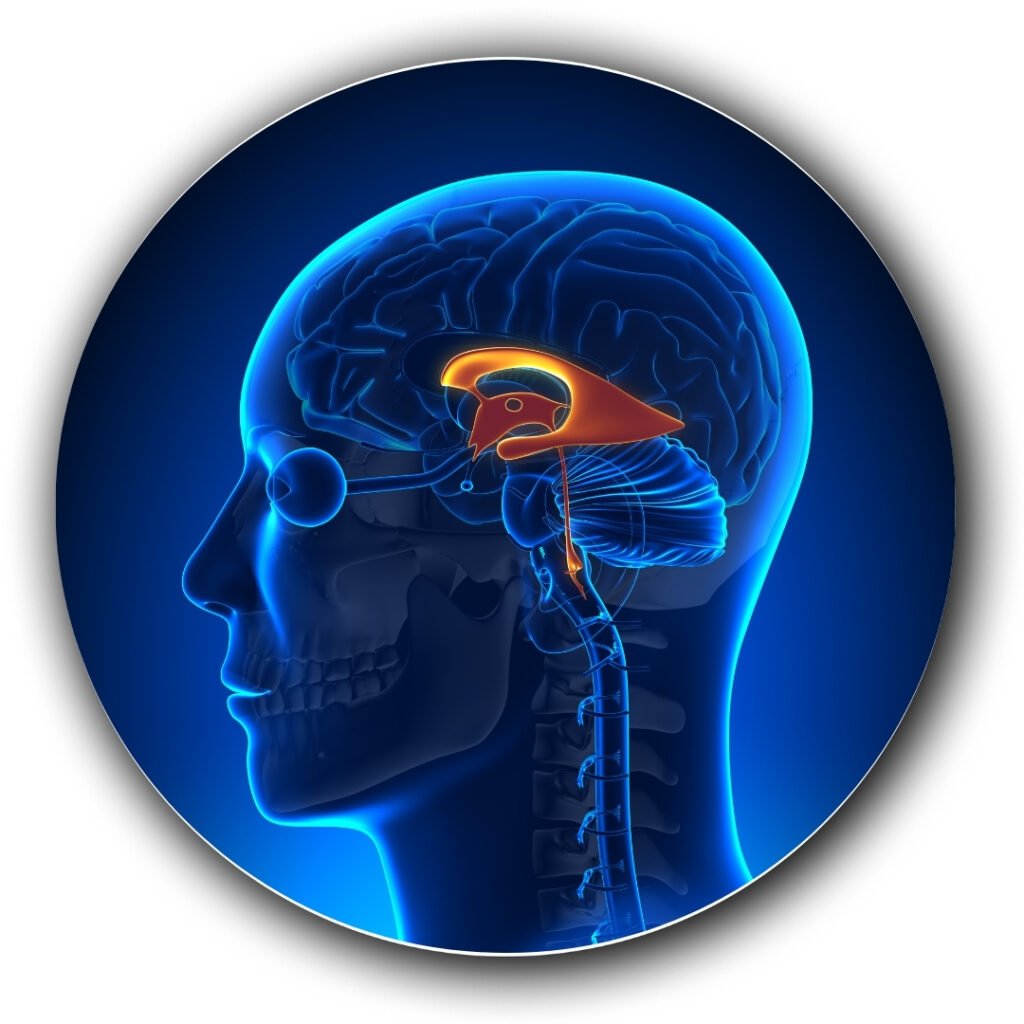
Pituitary Adenomas:
These tumors form in the pituitary gland, located at the base of the brain. Though typically non-cancerous, they can interfere with hormone production and affect various functions throughout the body.
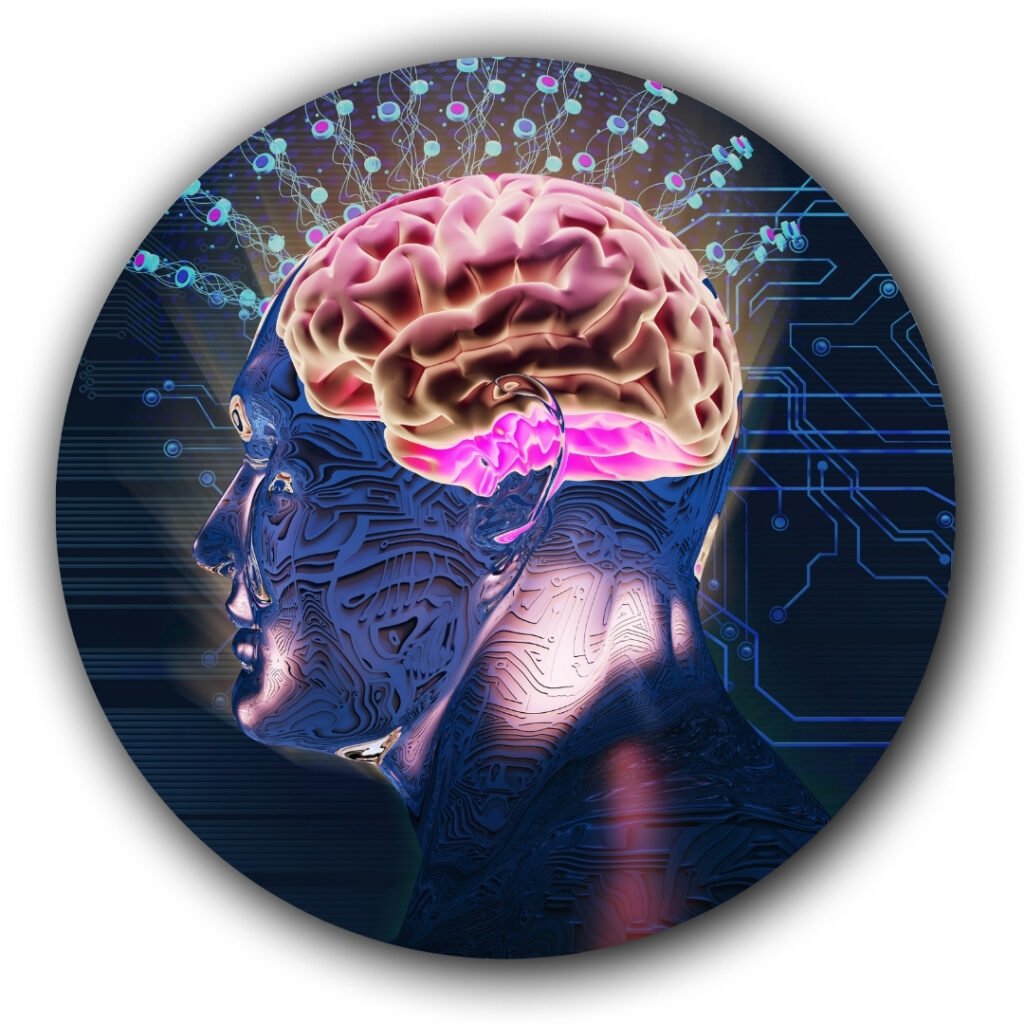
Meningiomas:
Meningiomas arise from the meninges — the protective membranes that cover the brain and spinal cord. Most meningiomas are benign and grow slowly, but their location can still affect brain function depending on the size and pressure they create.
Possible Complications of a Brain Tumor
The brain controls every part of the body — from movement and speech to vision, hearing, and balance. When a tumor develops in the brain, it can interfere with these vital functions by putting pressure on surrounding tissues.
As the tumor grows, it may cause a range of complications depending on its size and location, including:
Frequent or severe headaches
Seizures or unusual neurological activity
Blurred vision or loss of eyesight
Hearing difficulties
Problems with coordination and balance
Speech or memory issues
Even non-cancerous (benign) tumors can be dangerous when they affect critical areas of the brain. That’s why early detection and proper treatment are essential to prevent long-term damage and improve outcomes.
A New Approach to Cancer Healing
at Raghavan Cancer Care
At Raghavan Cancer Care, treatment goes beyond just managing cancer — it’s a complete journey toward physical, emotional, and spiritual wellness.

Metabolic Healing
Dr. Raghavan follows a powerful method inspired by Dr. Thomas Seyfried, focusing on the unique way cancer cells use energy. By supporting the body through special approaches like a ketogenic diet, this method offers a fresh direction in cancer care rooted in metabolic understanding.
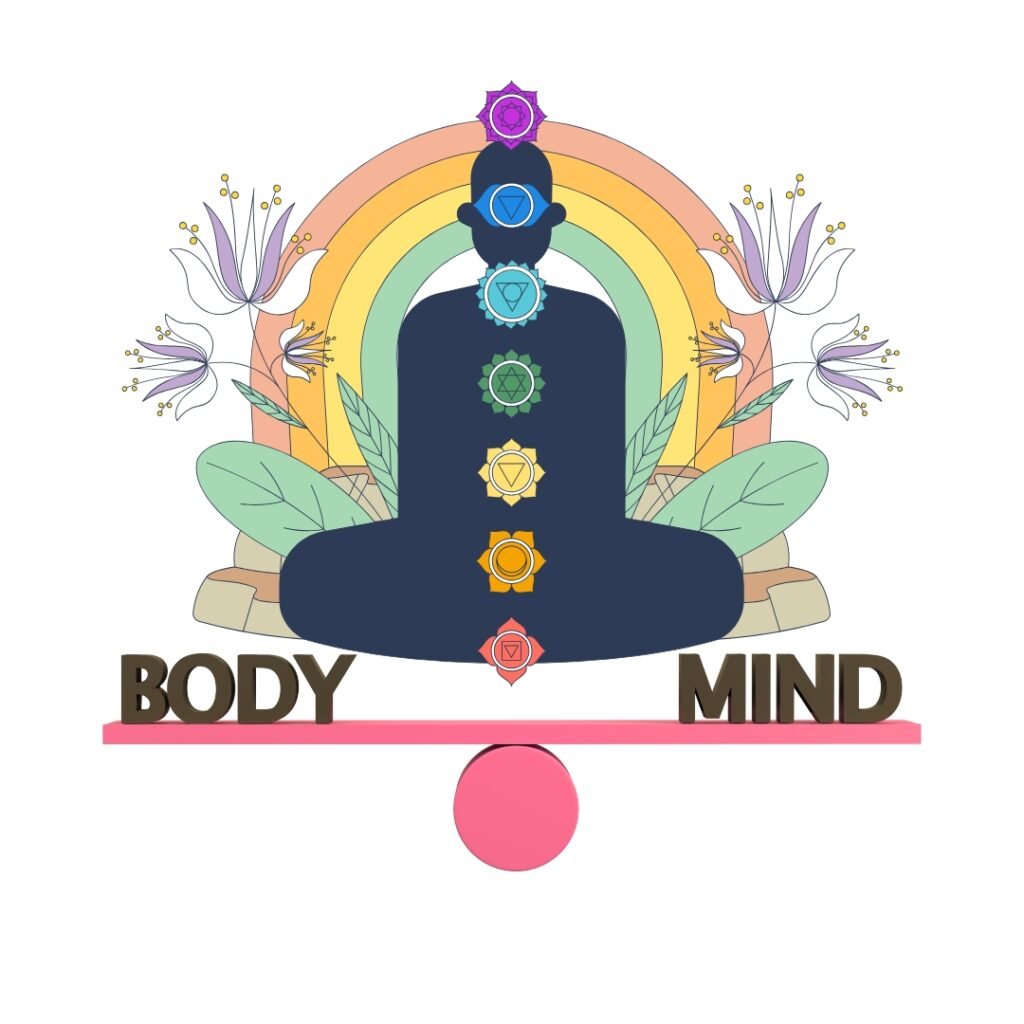
Mind-Body Balance
Taking inspiration from Dr. Joseph Mercola, our care also emphasizes the deep link between the mind, body, and spirit. At Raghavan Cancer Care, we believe that emotional and spiritual support is just as important as physical treatment in the healing process.
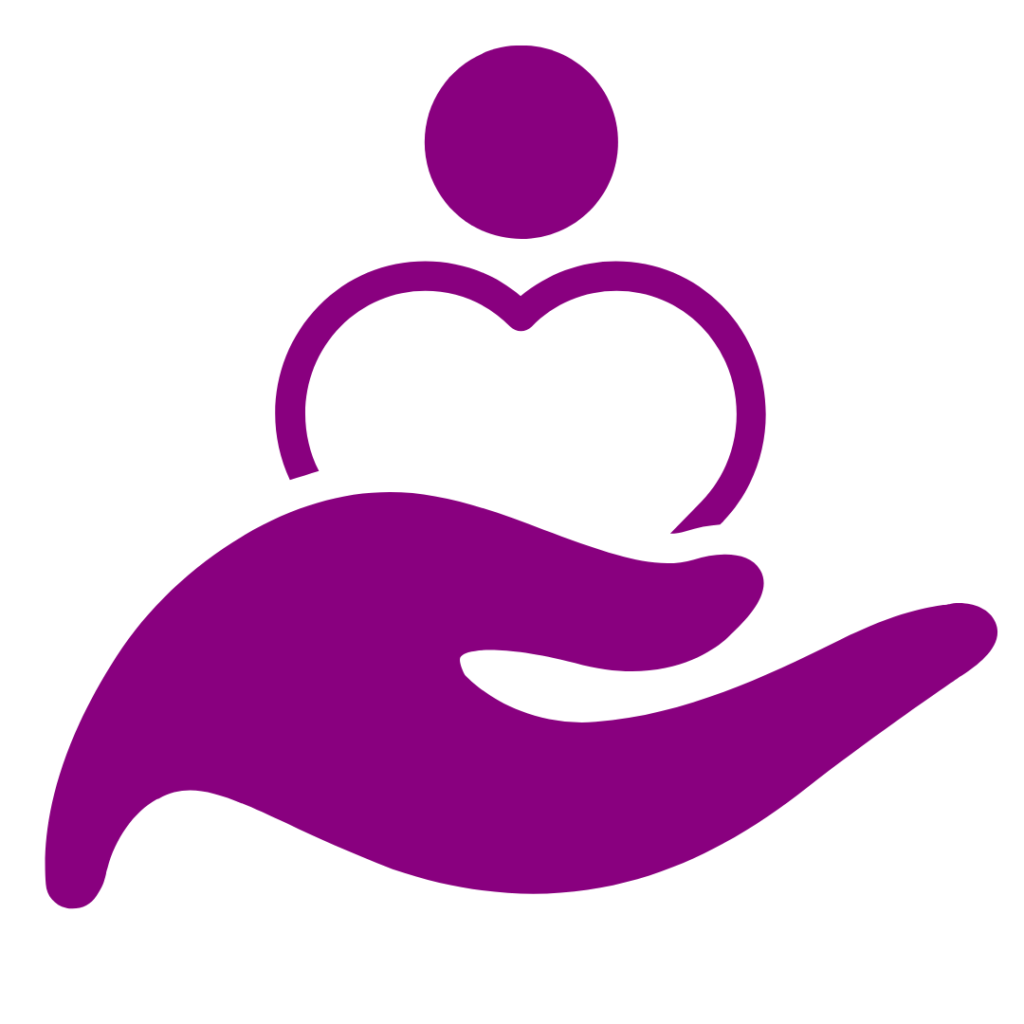
Food as Medicine
Dr. Wallach’s nutritional guidance has shaped our strong focus on diet. We promote clean, nutrient-rich meals and personalized nutrition plans to help strengthen the body and support recovery naturally.
